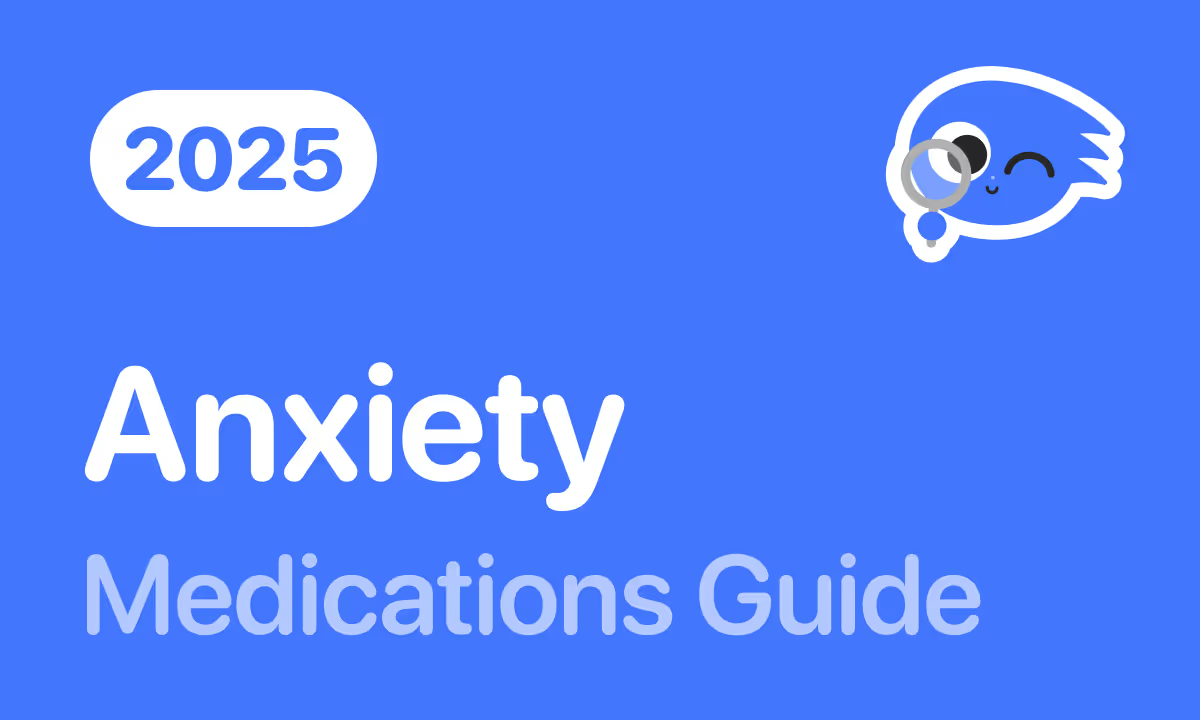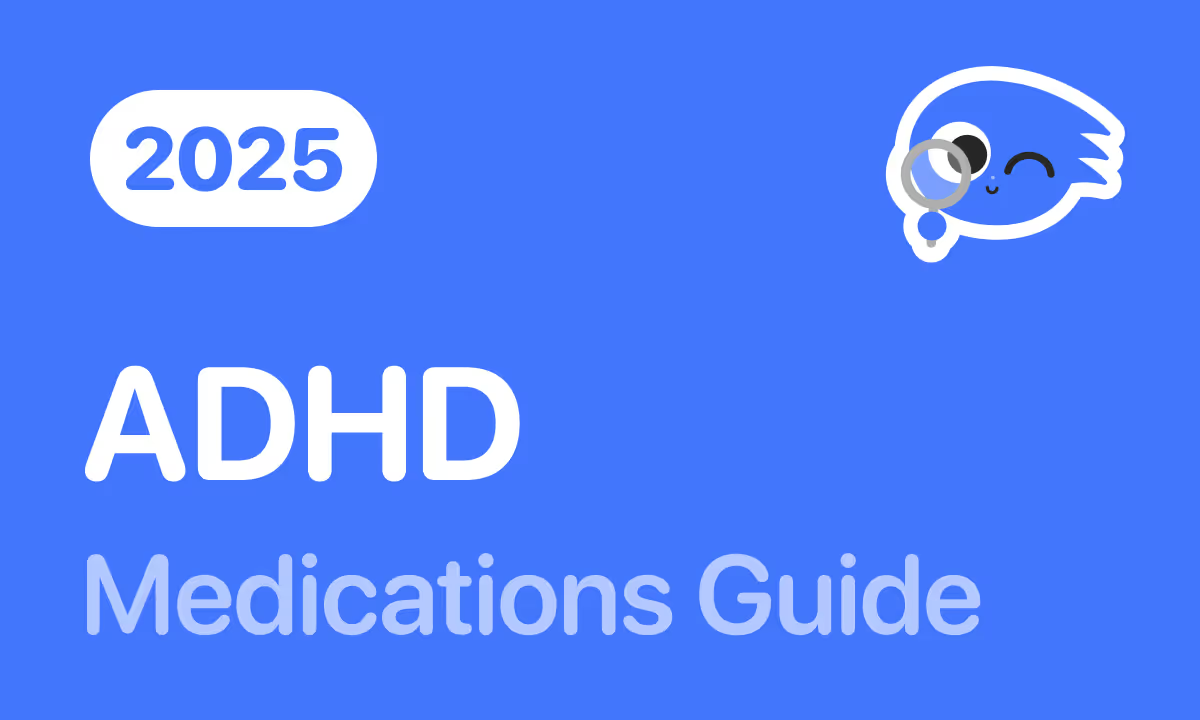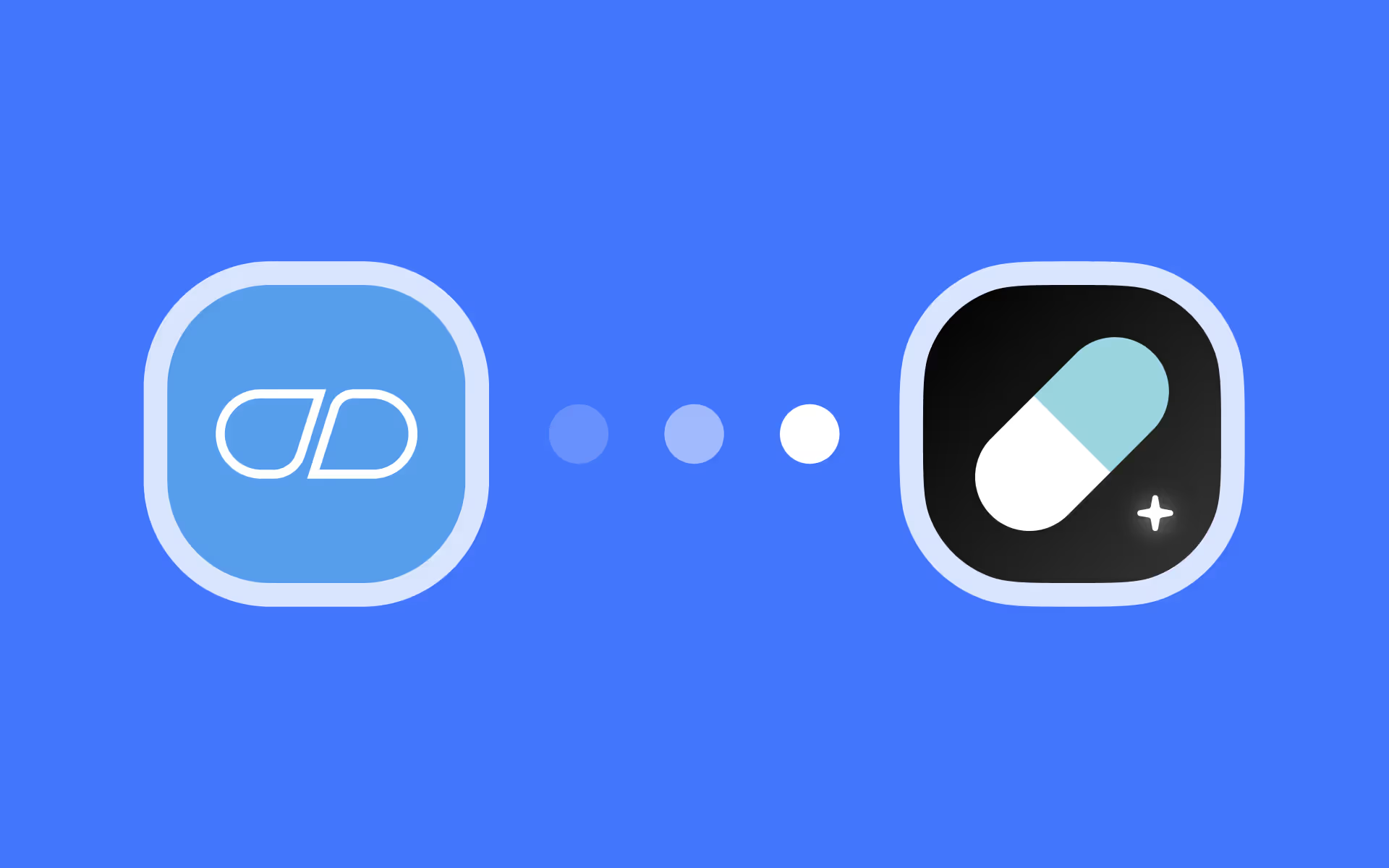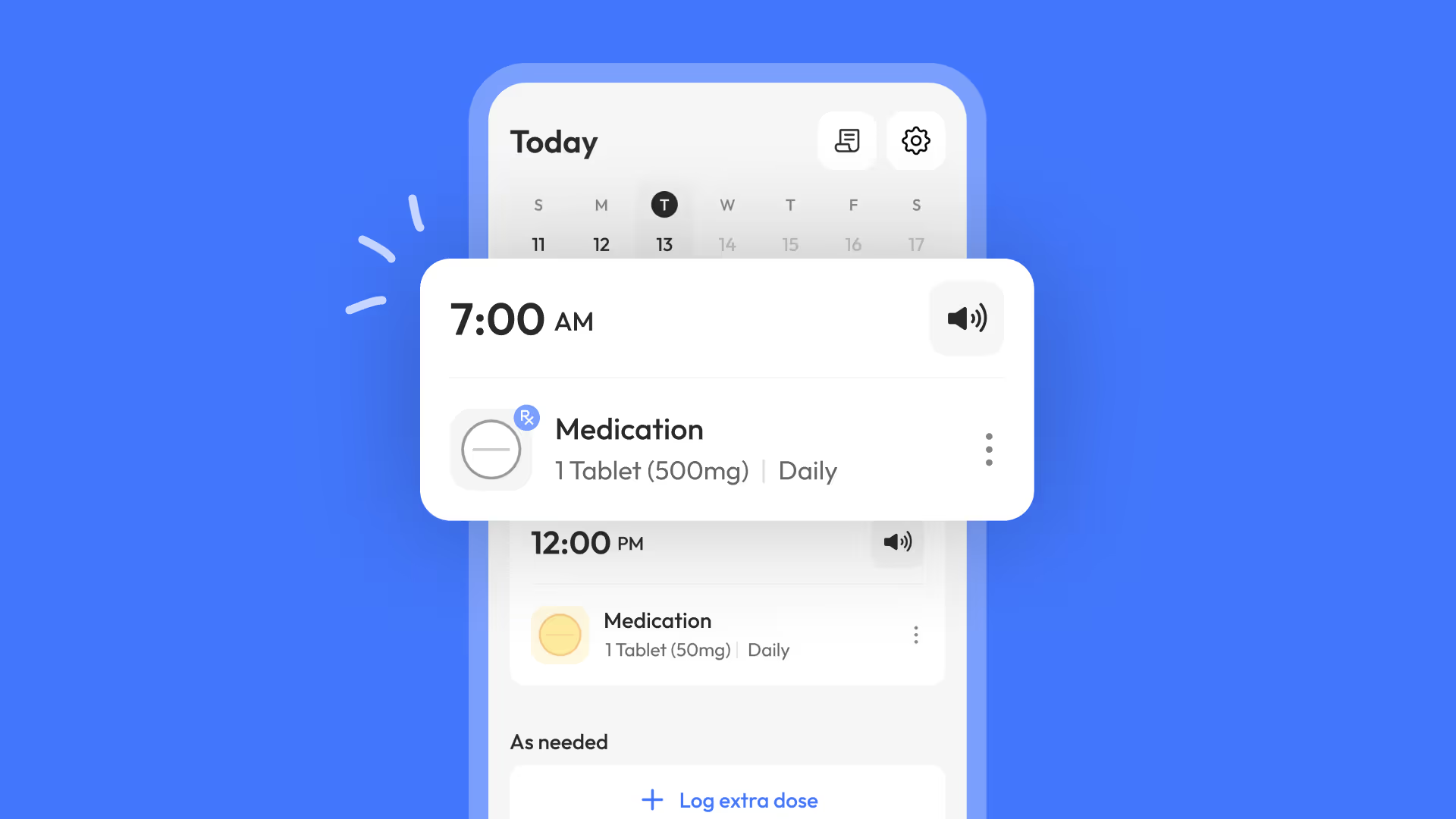Anxiety disorders affect millions of people worldwide, making them one of the most common mental health challenges today. According to recent data, approximately 19.1% of U.S. adults experienced an anxiety disorder in the past year, with lifetime prevalence reaching 31.1%. Among adolescents, the statistics are even more striking, with 31.9% experiencing anxiety disorders between ages 13-18. Despite these high numbers, only about 36.9% of those affected receive treatment. For many, medication plays a crucial role in managing symptoms and improving quality of life.
This comprehensive guide explores the top anxiety medications available in 2025, how they work, their benefits, potential side effects, and considerations to help you or a loved one make informed decisions about treatment.
1. Understanding Anxiety and Its Treatment Options

Anxiety is more than just occasional worry or stress; it is a persistent condition that can interfere with daily activities, relationships, and overall well-being. Common types of anxiety disorders include generalized anxiety disorder (GAD), affecting 6.8 million adults (3.1% of the U.S. population), panic disorder (6 million adults, 2.7%), social anxiety disorder (15 million adults, 7.1%), and specific phobias (19.3 million adults, 9.1%). Treatment often involves a combination of psychotherapy, lifestyle changes, and medication. Each individual's experience with anxiety can vary significantly, which makes personalized treatment plans crucial for effective management.
While therapy such as cognitive-behavioral therapy (CBT) is highly effective, medications can provide faster relief from symptoms, especially when anxiety is severe or debilitating. It is important to understand that medication is typically part of a broader treatment plan rather than a standalone solution. In addition to traditional therapies, many individuals find that incorporating mindfulness practices, such as meditation and yoga, can significantly enhance their coping strategies and reduce anxiety levels over time.
2. How Anxiety Medications Work
Anxiety medications work by targeting neurotransmitters in the brain—chemical messengers that influence mood and emotions. Different classes of drugs affect these chemicals in various ways, helping to reduce the physical and psychological symptoms of anxiety such as excessive worry, restlessness, and panic attacks. For instance, selective serotonin reuptake inhibitors (SSRIs) increase the levels of serotonin in the brain, which can help improve mood and reduce anxiety over time.
Choosing the right medication depends on the type of anxiety disorder, symptom severity, individual health factors, and potential side effects. Below is an in-depth look at the most commonly prescribed medications for anxiety. Additionally, it is essential to consider the importance of ongoing communication with healthcare providers during treatment. Regular check-ins can help monitor the effectiveness of the medication, manage any side effects, and make necessary adjustments to the treatment plan. This collaborative approach ensures that individuals receive the most appropriate care tailored to their unique needs, ultimately leading to better outcomes in managing anxiety.
<Overview of Anxiety Medication Categories>
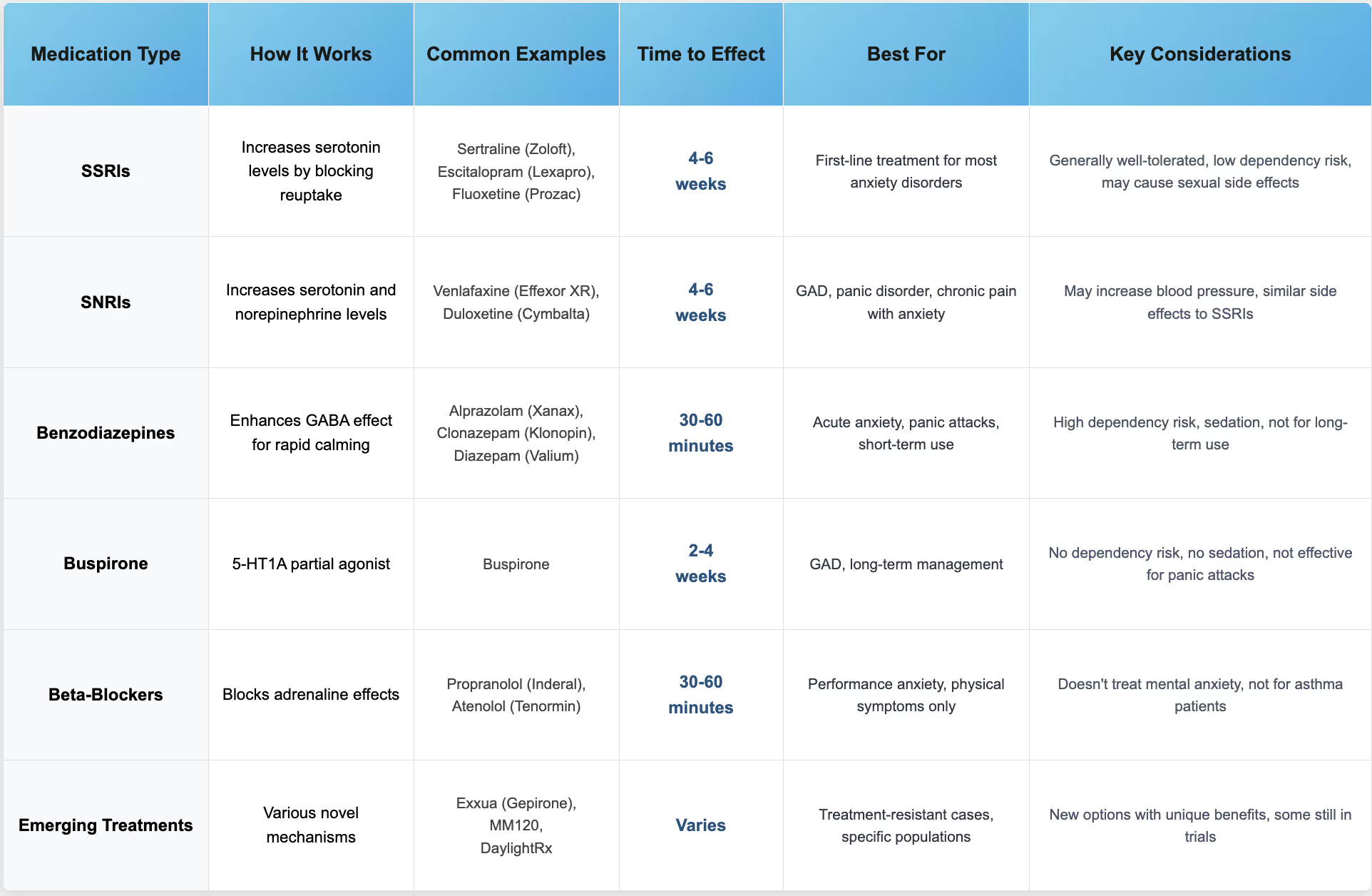
Below is an in-depth look at the most commonly prescribed medications for anxiety
(1) Selective Serotonin Reuptake Inhibitors (SSRIs)
SSRIs are often the first line of treatment for anxiety disorders due to their effectiveness and relatively favorable side effect profile. They work by increasing serotonin levels in the brain, a neurotransmitter associated with mood regulation. This increase in serotonin can help alleviate symptoms of anxiety, leading to improved mood and overall mental well-being. The mechanism of action involves blocking the reabsorption (reuptake) of serotonin in the brain, making more of this neurotransmitter available to enhance communication between nerve cells.
Common SSRIs for Anxiety
- Sertraline (Zoloft): Widely used for generalized anxiety disorder and social anxiety, sertraline is known for its efficacy and tolerability. It has been extensively studied and is often recommended as a first-line treatment option.
- Escitalopram (Lexapro): Often prescribed for GAD and panic disorder, escitalopram has a rapid onset of action compared to some other SSRIs. Many patients report feeling the effects within just a few weeks, making it a popular choice among healthcare providers.
- Fluoxetine (Prozac): While more commonly associated with depression treatment, fluoxetine is also effective for anxiety disorders. Its long half-life can be beneficial for patients who may forget doses, as it maintains stable levels in the bloodstream.
Benefits and Considerations
SSRIs typically take 4 to 6 weeks to show full benefits, so patience is essential. They are generally safe for long-term use and have a lower risk of dependence compared to other medications. Common side effects include nausea, headache, insomnia, and sexual dysfunction, but these often diminish over time. In fact, many patients find that initial side effects are manageable and that the long-term benefits of reduced anxiety far outweigh these temporary discomforts.
It is important to consult a healthcare provider before starting SSRIs, as they can interact with other medications and may not be suitable for everyone, especially those with certain medical conditions. Additionally, some individuals may experience withdrawal symptoms if they stop taking SSRIs abruptly, so a gradual tapering off under medical supervision is often recommended. Regular follow-up appointments can help monitor progress and adjust dosages as needed, ensuring that patients receive the most effective treatment tailored to their specific needs.
(2) Serotonin-Norepinephrine Reuptake Inhibitors (SNRIs)
SNRIs are another class of antidepressants that have proven effective in treating anxiety disorders. They increase the levels of both serotonin and norepinephrine, another neurotransmitter linked to mood and stress responses.
Popular SNRIs for Anxiety
- Venlafaxine (Effexor XR): Often prescribed for GAD and panic disorder, venlafaxine has strong evidence supporting its use in anxiety management.
- Duloxetine (Cymbalta): Besides anxiety, duloxetine is also used for chronic pain conditions, making it a versatile option for patients with comorbidities. Notably, a delayed-release form of duloxetine was FDA-approved for GAD treatment in recent years.
What to Expect
SNRIs may cause side effects similar to SSRIs, such as nausea, dizziness, and dry mouth. Some patients experience increased blood pressure, so monitoring is necessary during treatment. Like SSRIs, SNRIs require several weeks to reach full effectiveness.
(3) Benzodiazepines: Fast-Acting Relief
Benzodiazepines are a class of medications known for their rapid calming effects, making them useful for acute anxiety episodes or panic attacks. They work by enhancing the effect of gamma-aminobutyric acid (GABA), a neurotransmitter that inhibits nervous system activity. The FDA has included boxed warnings on benzodiazepines to improve their safe use.
Common Benzodiazepines
- Alprazolam (Xanax): Frequently prescribed for panic disorder and generalized anxiety, alprazolam acts quickly but has a high potential for dependence. In 2021, approximately 15.4 million Xanax prescriptions were filled in the United States.
- Clonazepam (Klonopin): Used for panic disorder and sometimes social anxiety, clonazepam has a longer duration of action than alprazolam.
- Diazepam (Valium): Often used for short-term anxiety relief and muscle relaxation.
- Lorazepam (Ativan): An extended-release form of lorazepam was recently FDA-approved for anxiety treatment.
Risks and Guidelines
Due to their potential for tolerance, dependence, and withdrawal symptoms, benzodiazepines are typically prescribed for short-term use or on an as-needed basis. They can cause drowsiness, impaired coordination, and memory issues, so caution is advised, especially when driving or operating machinery.
Patients should never stop benzodiazepines abruptly and should follow a doctor's guidance when tapering off these medications.
(4) Buspirone: A Non-Benzodiazepine Option
Buspirone is an anti-anxiety medication that differs from benzodiazepines in its mechanism and side effect profile. It acts on serotonin receptors (as a 5-HT1A partial agonist) but does not cause sedation or dependence, making it a safer choice for long-term management of generalized anxiety disorder.
Key Features of Buspirone
Buspirone is typically taken on a regular schedule rather than as needed. It may take 2 to 4 weeks to notice symptom improvement. Side effects are generally mild and can include dizziness, headache, and nausea.
Because buspirone does not have the sedative effects of benzodiazepines, it is often preferred for patients who need to avoid drowsiness or who have a history of substance misuse.
(5) Beta-Blockers: Managing Physical Symptoms
While not traditionally classified as anxiety medications, beta-blockers are sometimes prescribed to control the physical symptoms of anxiety, such as rapid heartbeat, shaking, and sweating. They are particularly useful for performance anxiety or situational anxiety.
Common Beta-Blockers
- Propranolol (Inderal): The most commonly used beta-blocker for anxiety-related physical symptoms.
- Atenolol (Tenormin): Another option with similar effects.
How Beta-Blockers Help
By blocking the effects of adrenaline, beta-blockers reduce the body's "fight or flight" response, helping to calm physical symptoms without affecting mental anxiety directly. They are typically taken before anxiety-provoking events, such as public speaking.
Side effects may include fatigue, cold hands, and dizziness. Beta-blockers are not suitable for everyone, especially those with asthma or certain heart conditions.
(6) Emerging Treatments and Future Directions
The landscape of anxiety treatment continues to evolve. In 2023, the FDA approved Exxua (gepirone), representing a novel mechanism of action as a 5-HT1A receptor agonist without the sexual side effects common with SSRIs. In 2024, the FDA granted breakthrough designation to MM120 (lysergide d-tartrate), an LSD-based treatment for GAD showing promising results in clinical trials.
Additionally, DaylightRx became the first FDA-cleared digital therapeutic for GAD in 2024, delivering cognitive behavioral therapy through a prescription app for patients aged 22 and older. These digital solutions are becoming increasingly important, especially with the 2025 Medicare Physician Fee Schedule proposing coverage for FDA-cleared digital mental health treatments.
3. Choosing the Right Medication: Factors to Consider
Finding the most effective anxiety medication often involves trial and error under the guidance of a healthcare professional. Several factors influence the choice of medication, including:
- Type and severity of anxiety disorder: Some medications are better suited for specific disorders.
- Side effect profiles: Individual tolerance to side effects varies.
- Other health conditions: Comorbidities can affect medication choice.
- Potential for dependence: Important when considering benzodiazepines.
- Medication interactions: Existing prescriptions may limit options.
Open communication with a healthcare provider is essential to tailor treatment to individual needs and to monitor progress and side effects.
4. Complementary Strategies Alongside Medication
Medication is often most effective when combined with other approaches. Lifestyle changes and therapeutic interventions can enhance treatment outcomes and promote long-term well-being.
Psychotherapy
Cognitive-behavioral therapy (CBT) is considered the gold standard for anxiety treatment. It helps patients identify and change negative thought patterns and develop coping skills. Many patients experience significant improvement when combining CBT with medication.
Lifestyle Modifications
Regular exercise, adequate sleep, mindfulness meditation, and a balanced diet can all reduce anxiety symptoms. Limiting caffeine and alcohol intake is also recommended, as these substances can exacerbate anxiety.
Support Networks
Connecting with support groups, friends, or family members can provide emotional support and reduce feelings of isolation commonly associated with anxiety disorders.
5. The Importance of Treatment Access
Despite the high prevalence of anxiety disorders, significant barriers to treatment remain. Stigma surrounding mental health continues to prevent many from seeking help. Additionally, the cost of treatment and limited availability of mental health professionals, particularly in rural areas, create accessibility challenges. With 43% of adults reporting increased anxiety in 2024, addressing these barriers is more critical than ever.
Final Thoughts: Managing Anxiety with Confidence
Living with anxiety can be challenging, but effective treatments are available. Understanding the range of medication options and how they fit into a comprehensive treatment plan empowers individuals to take control of their mental health. With anxiety affecting approximately 301 million people globally (4.05% of the population), the importance of accessible, effective treatment cannot be overstated.
Always consult a healthcare professional before starting or changing any medication. With the right support and treatment, many people with anxiety disorders lead fulfilling, productive lives.
If you or someone you know is struggling with anxiety, seeking help is a vital first step. Remember that managing anxiety is a journey, and with patience and perseverance, relief is achievable. The combination of appropriate medication, therapy, lifestyle changes, and support can make a significant difference in managing anxiety symptoms and improving overall quality of life.

